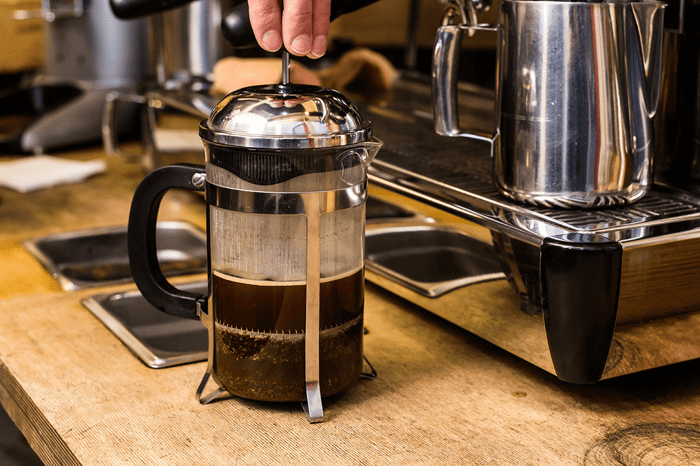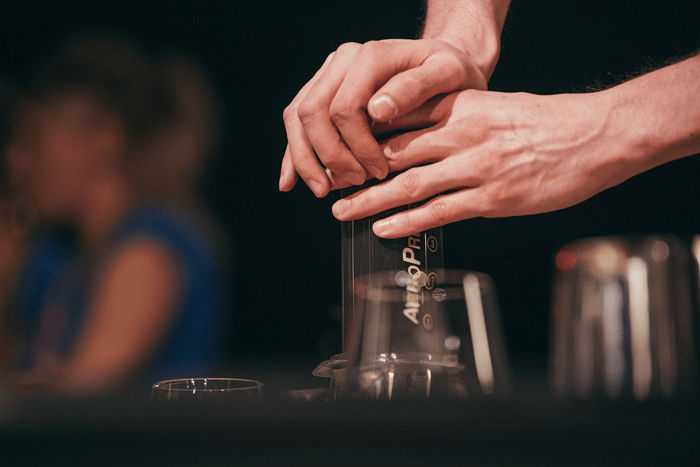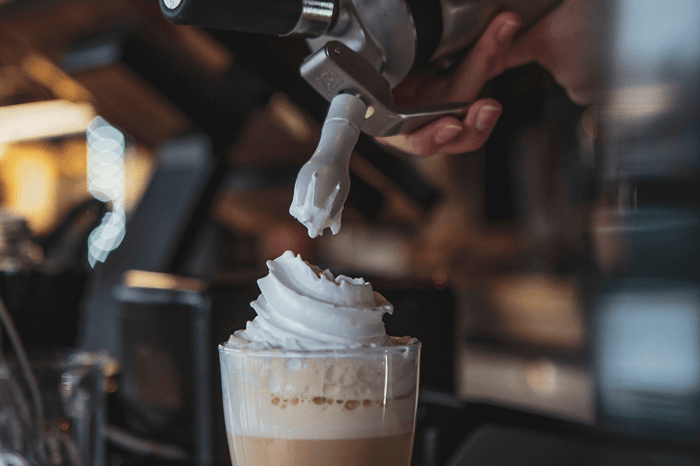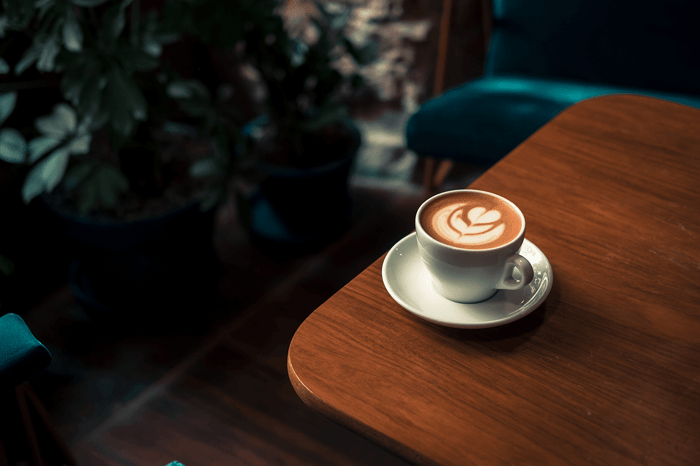
France. The land of baguettes, berets, and Bordeaux wine. A country whose people are known for their effortless sense of style and general joie de vivre.
It’s no wonder, then, that the French press coffee maker would hail from this storied nation.
When it comes to brewing coffee, there are a seemingly endless number of methods and gadgets that can be used. But for many coffee aficionados, that old French press is still the preferred method—even though it has a reputation for being a little temperamental and... well... finicky.
And, when it comes to one of the more elegant ways one can brew coffee at home, the French press is hard to beat. There’s something about the ritual of measuring out grounds, boiling water, and then slowly pressing down the plunger that feels both luxurious and deeply satisfying.
Brewing coffee with a French press is also incredibly versatile. This method can be used to make everything from a strong, robust cup of coffee to a more delicate, nuanced brew. The French press is also one of the few methods that allow you to control all the variables in the brewing process, from water temperature to grind size.
To attain true perfection with your French press brewing, it doesn't hurt to understand its history, science, and design mechanics.
The Creation of the French Press
Experimental prototypes of the French Press go all the way back to the middle of the 1800s, but it was officially patented as late as 1929. It was designed with the goal of making coffee that was less bitter than the other brewing methods that were available at the time.
The “press” basically consists of a cylindrical glass or metal carafe with a plunger and filter assembly. Coffee grounds are placed in the carafe and hot water is added. After a few minutes, the plunger is pushed down, which forces the coffee grounds to the bottom of the carafe and allows the brewed coffee to be poured.
The French press is often lauded by coffee enthusiasts for its ability to produce a rich, full-bodied cup of coffee. This is because it can extract more oils and flavors from the coffee grounds than other brewing methods.
The downside to this is that it can also make the coffee more bitter if the user doesn't really know what they're doing—hence the "finicky" reputation.
How to Make a Perfect Cup of French Press Coffee:
- First, start with fresh, coarsely ground beans. (The grind size is very important with a French Press—you don't want to get this part wrong.)
- Add just enough hot water to cover the grounds and let them bloom for 30 seconds.
- Then, add the remaining water and let the coffee steep for about 4 minutes.
- Finally, press down on the plunger slowly and evenly to filter the grounds.
Brewing coffee with a French press is basically a simple process, but as with any brew method, there are a few things that can go wrong. Most of them can be fixed by adjusting your grind size.
- If the coffee is too weak, it’s likely because the grounds were too fine or not enough water was used.
- If the coffee is too bitter, it could be because the grounds were too coarse or the brew time was too long.
- And if the coffee is too oily, it’s probably because the grind was too fine.
Despite its reputation for being finicky, ditching a basic auto-drip coffee maker and switching to a French Press for your daily “coffee ritual” can be a very rewarding experience.
When operated correctly, it produces a rich, full-bodied cup of coffee that is truly unique. As unique as France, with their seemingly countless UNESCO World Heritage Sites and fair-to-middling approval of Jerry Lewis' post-Dean Martin films.
So next time you’re in the mood for a cup of joe that's as elegant as a Renault but better tasting and only a fraction of the price, give the French press a try.
With a little practice, you’ll be able to perfect your French Press technique and enjoy a Saint-Germain-des-Prés-level cup of coffee in your own kitchen.

Interested in trying French Press coffee, but don’t have a French Press yet? Espro makes some of the most popular French Press coffee makers on the market, and they’re popular for good reason. Their design is sleek and modern—but most importantly, they’re built to last and they make great coffee. What more can you ask for from a coffee maker? Click here to check out the Espro P5 and the Espro P7 French Press in our store.






